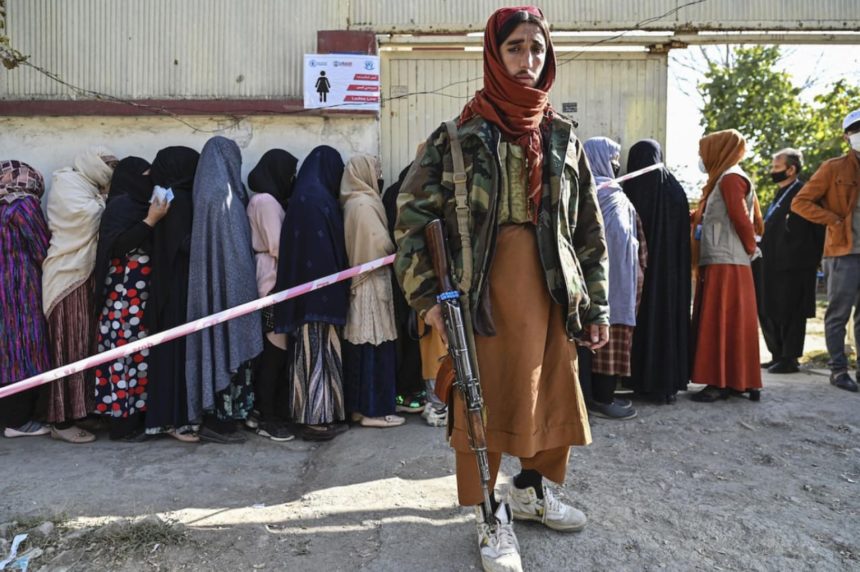RASC News Agency: The United Nations Assistance Mission in Afghanistan (UNAMA) has recently asserted that its findings underscore Afghanistani women advocating for global pressure on the Taliban. This revelation was unveiled on Tuesday, December 12th, within UNAMA’s latest quarterly report on the state of Afghanistani women. The report accentuates that Afghanistani women grapple with severe mental health challenges, with 76% characterizing their mental well-being as “very poor” or “poor.” The UNAMA report delineates how mental disorders such as depression and insomnia manifest in physical ailments like fatigue, loss of appetite, and headaches among Afghanistani women and girls. Urging the international community to apply pressure on the Taliban for amelioration is a common plea among these women.
Building on this report, Afghanistani women have beseeched the international community to offer support in enhancing women’s conditions and fostering direct dialogues between them and the Taliban. For many women, this plea represents the sole avenue to establish pathways for participation in decision-making processes. UNAMA underscores that certain women propose engaging with male tribal and religious leaders to champion their cause, with these leaders articulating arguments to the Taliban in favor of their inclusion in discussions.
These women persist in seeking support from international stakeholders, concentrating on the economic empowerment of women, particularly addressing issues of poverty and mental health. The report elucidates that negative consequences of poverty and girls abandoning education encompass early-age marriages, child labor, family violence, and illegal migration.
It is pivotal to note that UNAMA universally presents these findings, spotlighting a surge in forced marriages, underage marriages, and suicides among women and girls in various provinces subsequent to the Taliban’s return to power, as indicated by reports.






